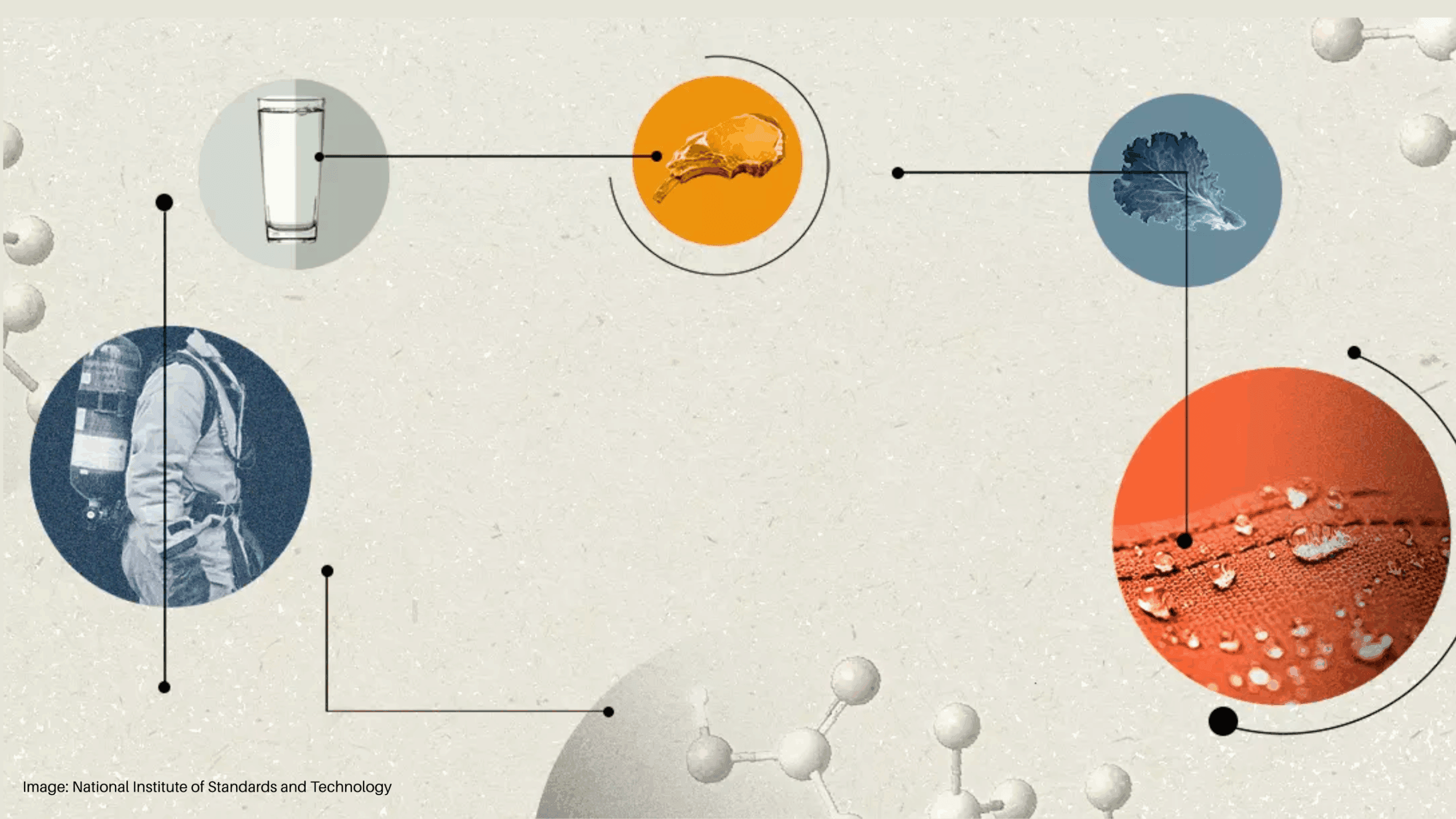The UK government has announced that it has reached a new milestone in Extended Producer Responsibility (EPR) packaging legislation. Businesses must now prepare for the scheme to fully begin in 2025
Extended Producer Responsibility is the UK Government’s response to calls for legislation prioritising the protection of the environment. The aim of EPR is to place the responsibility of waste management on producers of packaging, making them responsible for collection, sorting, treatment, and recycling.
EPR has been introduced slowly and in a phased manner as it has been under constant review and the topic of public consultation. After initially being introduced in 2023, EPR made it necessary for relevant businesses to collect and record packaging data. However, things are about to ramp up with government announcing that the scheme will come into full force on 1st January 2025.
With implementation imminent, regulations have been sent to the EU for information and the World Trade Organisation has been notified of the new labelling requirements. This signals clear activity from the Government to ensure that the four nations are prepared for EPR.
The date of implementation for the various stages of the regulation have moved around during recent months, however the key markers for the diary at present are that packaging fees will begin from 1st October 2025, labelling obligations will come into force from 1st April 2027 and a series of recycling targets have been set between 2025-2030.
For now, businesses just have to ensure that they are complying with the recording and reporting of packaging data requirements relevant to their business. For those it concerns – which does not include small businesses – it is necessary to have reported all data from 2023 by 31st May 2024, or they may face enforcement action.
Outlining the British Beauty Council’s position on EPR, Chief Policy Officer Victoria Brownlie, said: ‘We support the implementation of Extended Producer Responsibility as a key driver towards an environmentally conscious and socially responsible society. Whilst there are still considerations regarding issues such as recycling “take-back schemes” and digital labelling for smaller cosmetic products to be ironed out, overall this is a positive step forward in driving investment and innovation into products and services that contribute to a circular economy.’
You can find answers to FAQs concerning the Extended Producer Responsibility scheme here.




